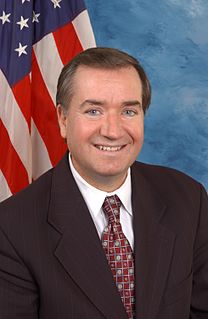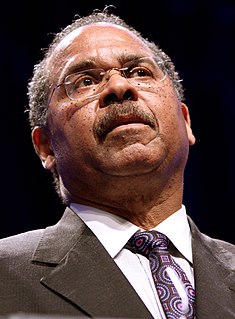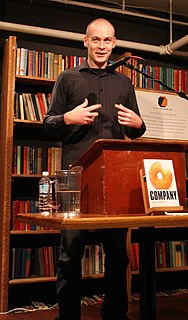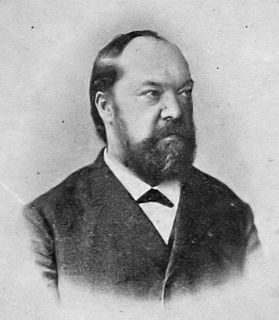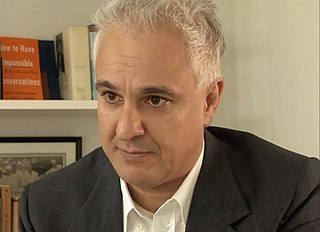A Quote by Thomas Jefferson
As government grows, freedom recedes.
Quote Topics
Related Quotes
'Freedom' means a lot to conservatives, but they have such a narrow sense of what it means. They think a lot about freedom from - freedom from government, freedom from regulation - and precious little about freedom to. Freedom to is absolutely something that has to be safeguarded by good government, just as it could be impaired by bad government.
One of the basic philosophical tenets of conservatism - which says that the more power devolves from the federal government to the states, the greater individual freedom grows - is just flatly contradicted by crucial junctures in the country's life, most conspicuously in the 1860s and 1960s, when it's been the federal government that's interceded against the states to secure individual freedom.
When people abuse these freedoms to enrich themselves at the expense of others, then the public will demand the government to step in. That is how government grows, and how freedom is diminished.... When financial meltdowns occur, the public's outrage drives government to take over part of the private sector. When the government does so, it replaces irresponsible executives with unaccountable bureaucrats. That takes us out of the frying pan and into the fire.
What is the use of freedom of the press if the government is in possession of all the printing presses, what does freedom of assembly avail if all the meeting places belong to the government? In a society in which there is no more personal and economic freedom, even the freest form of the state cannot make political independence possible.
Well, Rush, look what happened? 9/11 happened, and we didn't know it in advance. That's right, we got hit, we got hit big time. We need a new agency to make sure it doesn't happen again, Rush." And that was the excuse for starting Department of Homeland Security. The government grows and grows and grows and grows, and what do we get? Little old ladies wanded, scanned for bombs and weapons under their skirts next to the incontinence diapers. A bunch safer.
Liberalism is a creation of the seventeenth century, fathered by British philosopher John Locke (1632-1704). For Locke, liberalism means limited government, the rule of law, due process, liberty, freedom of religion, freedom of speech, freedom of the press, freedom of assembly, separation of church and state, and separation of government powers into branches that oversee each other's authority.



